NIDC News
Our NIDC News reports the latest developments in U.S. Department of Energy’s isotope production efforts, university partnerships, facility improvements, staff news, and other notable center activities as they occur. Stay Connected

May 16, 2019
Join Us for the Isotope User Group Meetings
The U.S. Department of Energy Isotope Program will host three isotope-specific user group meetings during the upcoming SNMMI 2019 conference in Anaheim, CA. These 1-hour sessions offer a unique opportunity for isotope users to congregate and tackle pertinent issues through open discussion. Knowledgeable facilitators will guide…
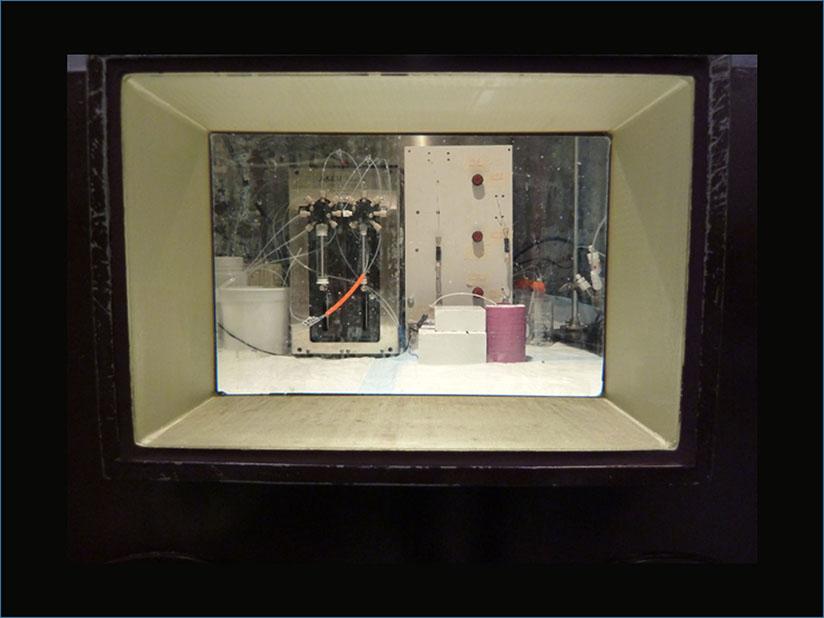
February 21, 2019
Zirconium-89 is a radionuclide that’s just right for cancer tumor imaging. When the isotope is combined with a tumor-seeking molecule, it lasts long enough in the body to find the tumor and to be imaged. Researchers developed a less labor-intensive and more efficient way to chemically process and purify the isotope. They use a low energy cyclotron, a simple target station, and an automated…

June 1, 2018
The US Department of Energy Isotope Program has agreed to terms with Bayer on a 10-year supply contract for actinium-227 (Ac-227) to support the company’s anticipated market growth of Xofigo®, a drug proven to prolong survival and improve the quality of life for patients with prostate cancer that has metastasized to the skeleton. The Ac-227 is produced at and shipped from Oak Ridge National…
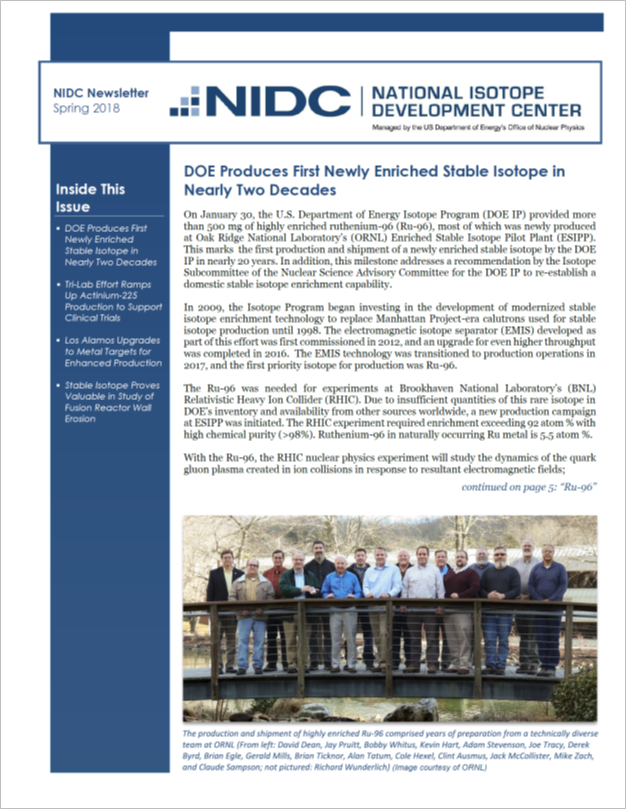
May 24, 2018
The latest issue of our National Isotope Development Center (NIDC) Newsletter is now available! Read about the latest developments in the U.S. Department of Energy’s (DOE) isotope production, university partnerships, facility improvements, staff news, and other notable center activities. Highlights for this issue include:
DOE produces first newly enriched stable isotope in nearly two…

May 16, 2018
A team of 11 research staff at the Oak Ridge National Laboratory (ORNL) has been commended by the US Department of Energy (DOE) for their instrumental roles in the campaign to produce the enriched stable isotope ruthenium-96 (Ru-96), last produced in the United States more than 40 years ago. Presented on behalf of Dr. Stephen Binkley, Deputy Director for Science Programs in the Office of Science…
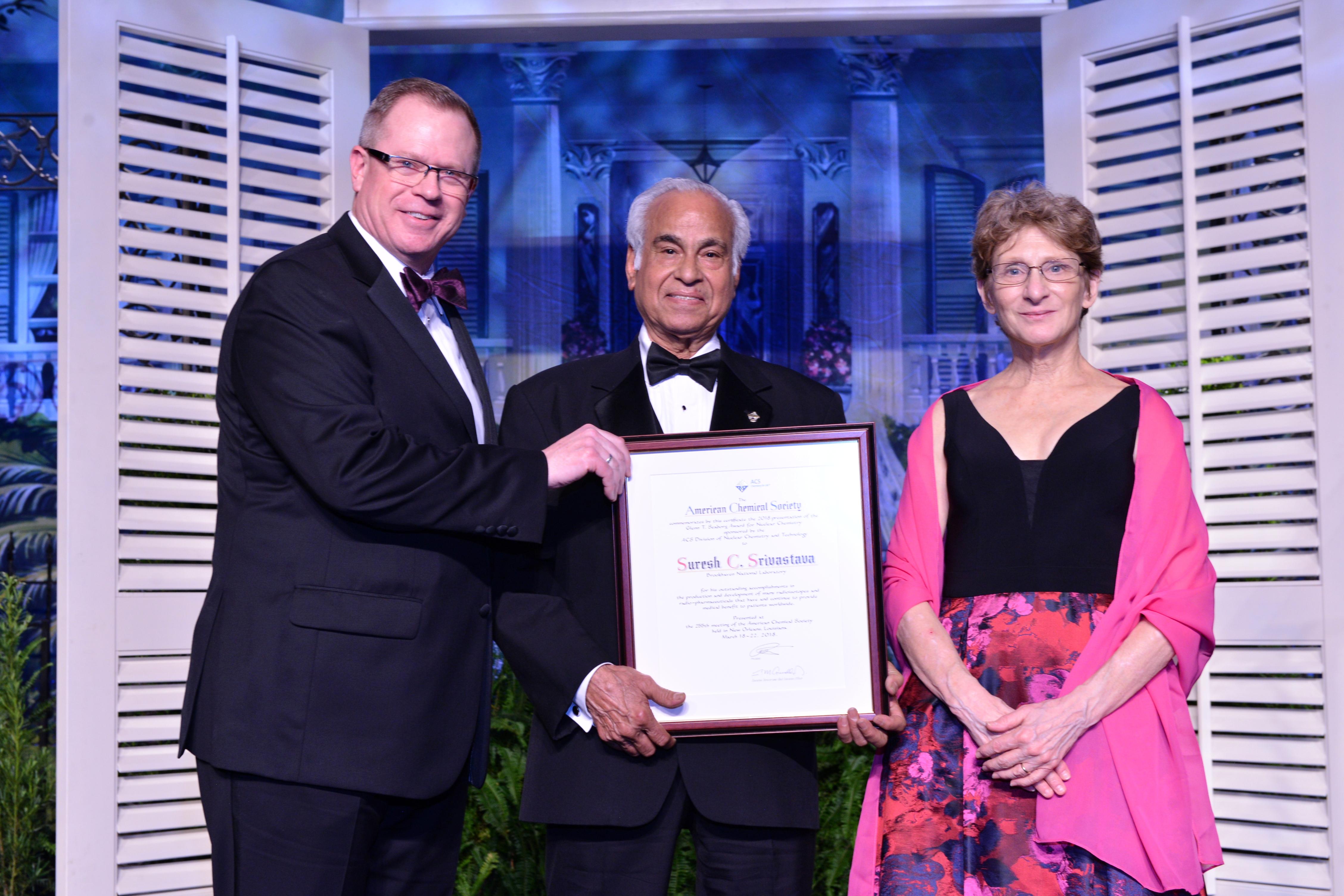
May 7, 2018
Suresh Srivastava, a Senior Medical Scientist Emeritus and research advisor in the Collider-Accelerator Department and Medical Isotope Research & Production Program at Brookhaven National Laboratory (BNL), is this year’s recipient of the Glenn T. Seaborg Award. He recently accepted the award during the American Chemical Society’s (ACS) Spring 2018 National Meeting & Exposition in New…
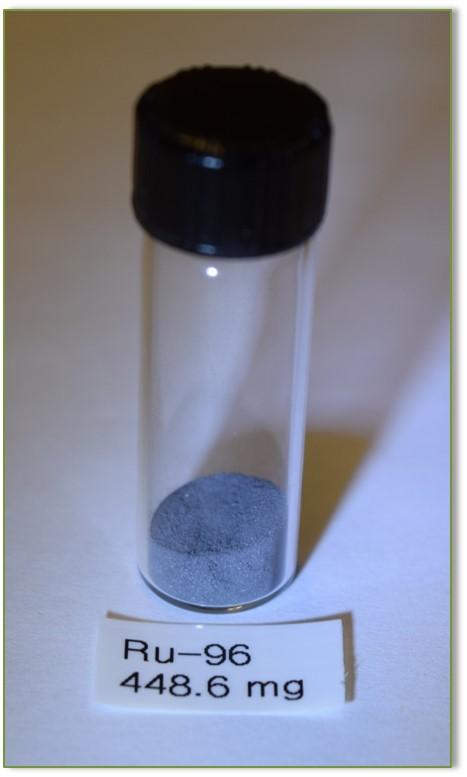
March 14, 2018
The US Department of Energy Isotope Program (DOE IP) recently provided more than 500 mg of highly enriched ruthenium-96 (Ru-96), most of which was newly produced at Oak Ridge National Laboratory’s Enriched Stable Isotope Pilot Plant (ESIPP). This marks the first production of a newly enriched stable isotope by the DOE IP in nearly 20 years. In addition, this milestone successfully fulfills a…
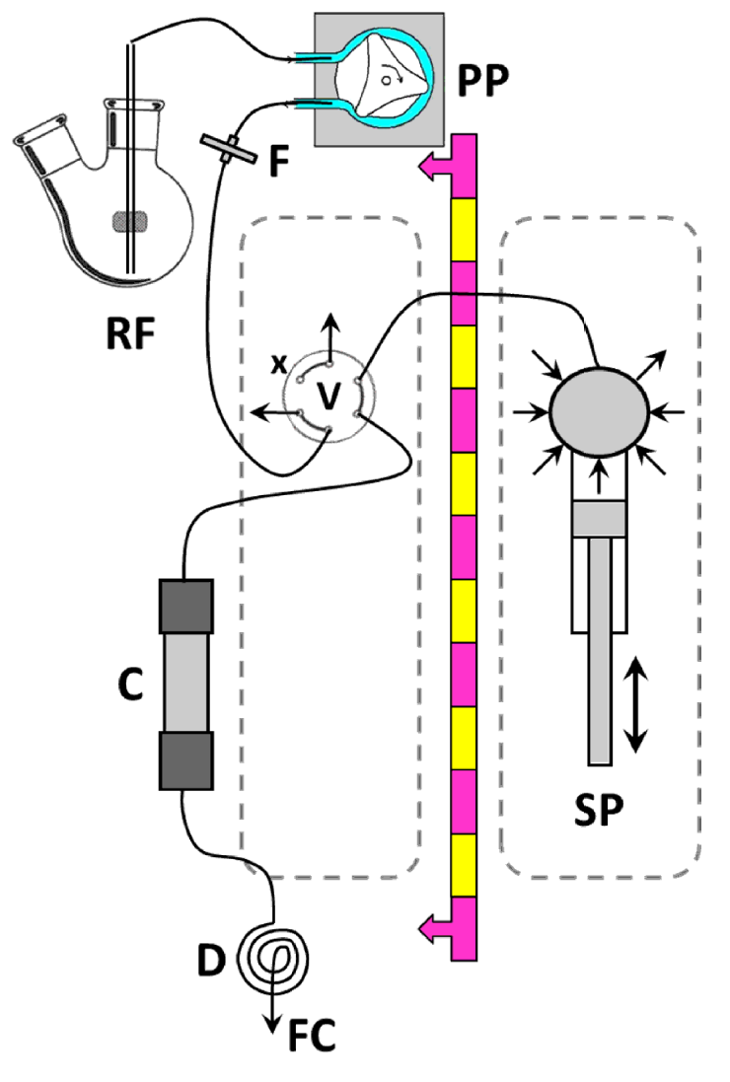
March 1, 2018
An automated purification of zirconium-89 (89Zr) from a yttrium (Y) target has been developed by researchers at the Pacific Northwest National Laboratory (PNNL), in collaboration with the University of Washington Department of Radiology, and is detailed in the February 2018 issue of Applied Radiation and Isotopes.
A positron emitter with a relatively long half-life (78.4 h), 89Zr is a promising…

February 9, 2018
Actinium-225 (Ac-225, t1/2 = 10.0 days) is routinely available from the U.S. Department of Energy’s Isotope Program. Starting in February 2018, Ac-225 will be produced regularly via the proton bombardment of thorium-232 (Th-232) targets at our accelerator sites at Brookhaven (BNL) and Los Alamos National Laboratories (LANL). Ac-225 continues to be distributed as a thorium-229 (Th-229) decay…
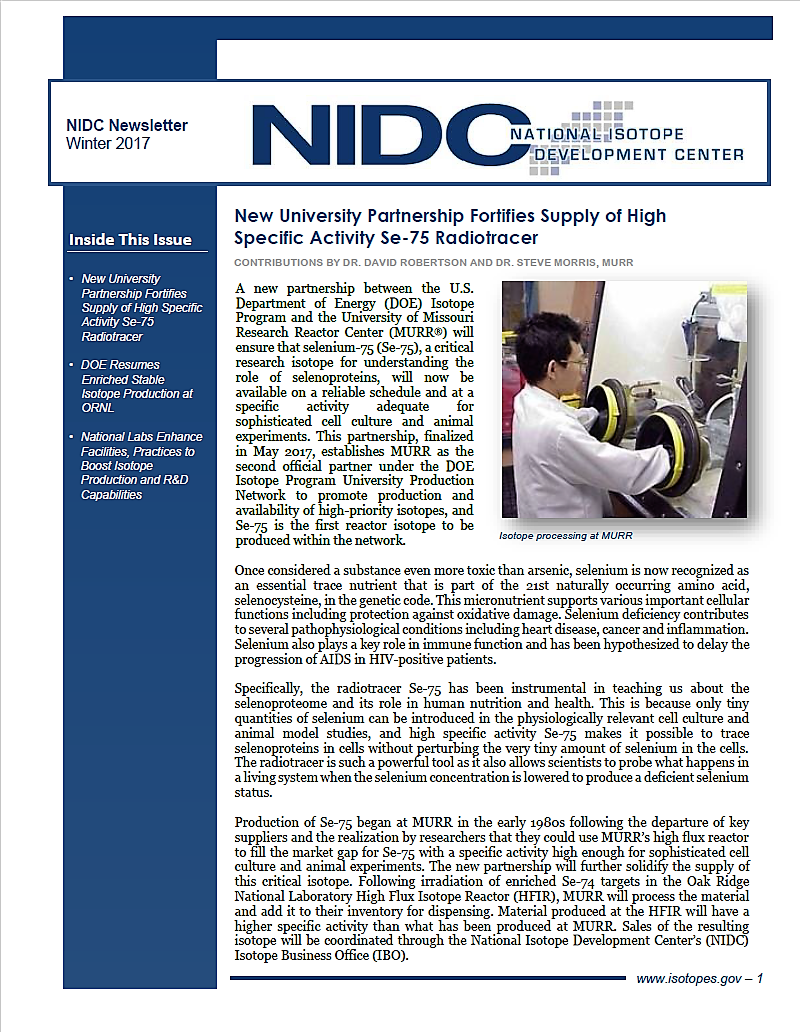
January 10, 2018
The latest issue of our National Isotope Development Center (NIDC) Newsletter is now available! Read about the latest developments in the U.S. Department of Energy’s (DOE) isotope production, university partnerships, facility improvements, staff news, and more. Highlights for this issue include:
New University Partnership with University of Missouri Fortifies Supply of High Specific…




